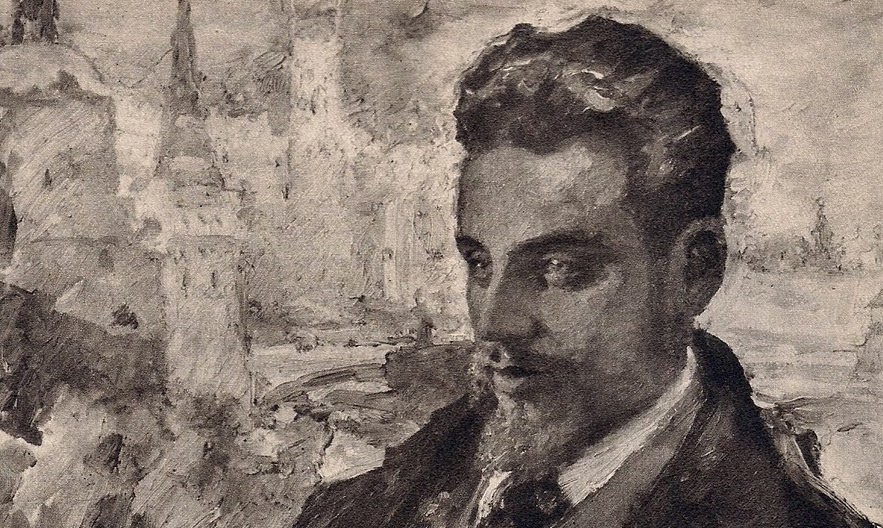
Looking at Rilke's Dinggedichte, especially "Der Panther," as well as his Duineser Elegien, this article examines the influence of Rodin's sculptural work and Lessing's theory of art on Rilke's poetry, in order to argue that Rilke attempted to produce a poetic process that offers or models a liberation from the limitations of humanity through the artistic elevation of the reader. In the century since its creation, Rilke’s seminal work has inspired generations of artists, providing a direct launching point as well as informing broader ruminations on humankind’s fleeting moments of contact with transient, sublime beauty.How the Panther Stole the Poem: The Search for Alterity in Rilke's Dinggedichte How the Panther Stole the Poem: The Search for Alterity in Rilke's DinggedichteĪbstract: Rilke's letters and diaries of the early Paris years reflect the young poet's preoccupation with man's ability to come to terms with the knowledge of his own mortality, as well as his personal fears of being in the critical eye of society, of feeling like the eternal outsider. Yet even as they address the interplay between suffering and beauty in human existence, the Elegies nevertheless project a hopeful vision of a more peaceful world. It was not until 1923 that the Duino Elegies emerged in their totality: a collection of ten intensely religious metaphysical poems informed by the anxieties, traumas, and fragmentations brought on by war and modern life. There, while standing atop a cliff overlooking the Adriatic Sea, Rilke claimed to hear the following line: “Who, if I cried out, would hear me among the angelic orders?” That evening, the poet immediately set to work, turning these words into the opening lines of what would eventually become the Duino Elegies.įor the next decade, Rilke would engage in an arduous cycle of labor characterized by violent and sporadic bouts of literary creation.

In 1912, Rainer Maria Rilke received an invitation from Princess Marie von Thurn und Taxis-his longtime patron and closest friend-to stay at Duino Castle, a picturesque fortress just north of Trieste, Italy. The business within outgrows it, and limit itself differently.

What ousts and replaces them is an act with no image.Īn act, under a crust that will split, as soon as

The things of experience are falling away, since


 0 kommentar(er)
0 kommentar(er)
